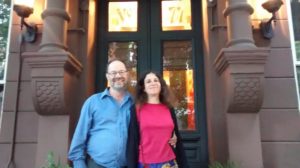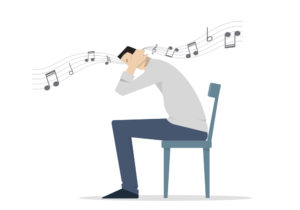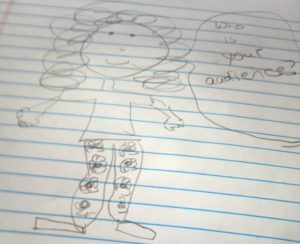Last night, I received an amazing gift–a long email from my cousin (someone I don’t see or talk to very often) containing heartfelt and thoughtful reflections on my music memoir manuscript, Imperfect Pitch. What struck me most was that even though his experience was different from mine, being 18 years younger and on the other side of the family tree, he could resonate with the way family messages contributed to the themes of the book, particularly around perfectionism. In other words, he heard me.

And as feedback about Immigrants oozes in slowly, I feel gratified for the readers who have mentioned the ways the book has touched them. I was particularly taken with the Amazon review that referred to the book as a “journey of the heart.”
Also last night, I attended a reading around 40 minutes away at the Lava Center in Greenfield, MA to hear my friend D.K. McCutchen read from her book, Whale Road. Before she read, many poets shared work at the open mic., much of which was–by their own admission–work in progress; some of it was written that day. While my inner perfectionist-in-recovery was awed by some of this risk-taking, especially when hearing a few hesitations as people paused over scratched out words and read phrases that my inner editor was ready to cut, the point wasn’t to read “perfect work.” The point was to be heard. Many people read highly vulnerable material, that exposed them in all their rawness. And the response from the audience, as appropriate, was simply, I hear you.
This Third Tuesday reading series seems to have created a warm, accepting, enthusiastic and tight-knit community. While it’s doubtful I’ll attend regularly because of the distance, I’m glad it’s there. We all need to find “our people,” those who will honor our need to be heard.
At yet another writing event I attended this past week, a round table discussion by Straw Dog Writers Guild entitled Your Writing Practice: Pitfalls and Solutions, facilitated by two faves in my writing community, Michael Favala Goldman and Lindsay Rockwell, many writers who were there talked about community as one of their biggest needs. And as some attendants lamented about losing their “inner oomph,” others discussed how community is one of the best cures for getting that inner oomph back–someone (or someones) who can say I hear you, and who will give you encouragement to share your work with others, even when it’s not (yet) perfect.



 It’s a good reminder to think about our goals for writing and our reasons for sharing with others.
It’s a good reminder to think about our goals for writing and our reasons for sharing with others.